The Rockets’ general manager, Daryl Morey, apologized on Monday for the tweet he swiftly deleted on the weekend, but his support for the protests in the Chinese-ruled city angered Beijing, Chinese fans and the team’s partners in a key NBA market.
“I was merely voicing one thought, based on one interpretation, of one complicated event,” he said, adding that he had since heard and considered other perspectives.
Morey’s initial tweet included an image captioned: “Fight For Freedom. Stand With Hong Kong.”
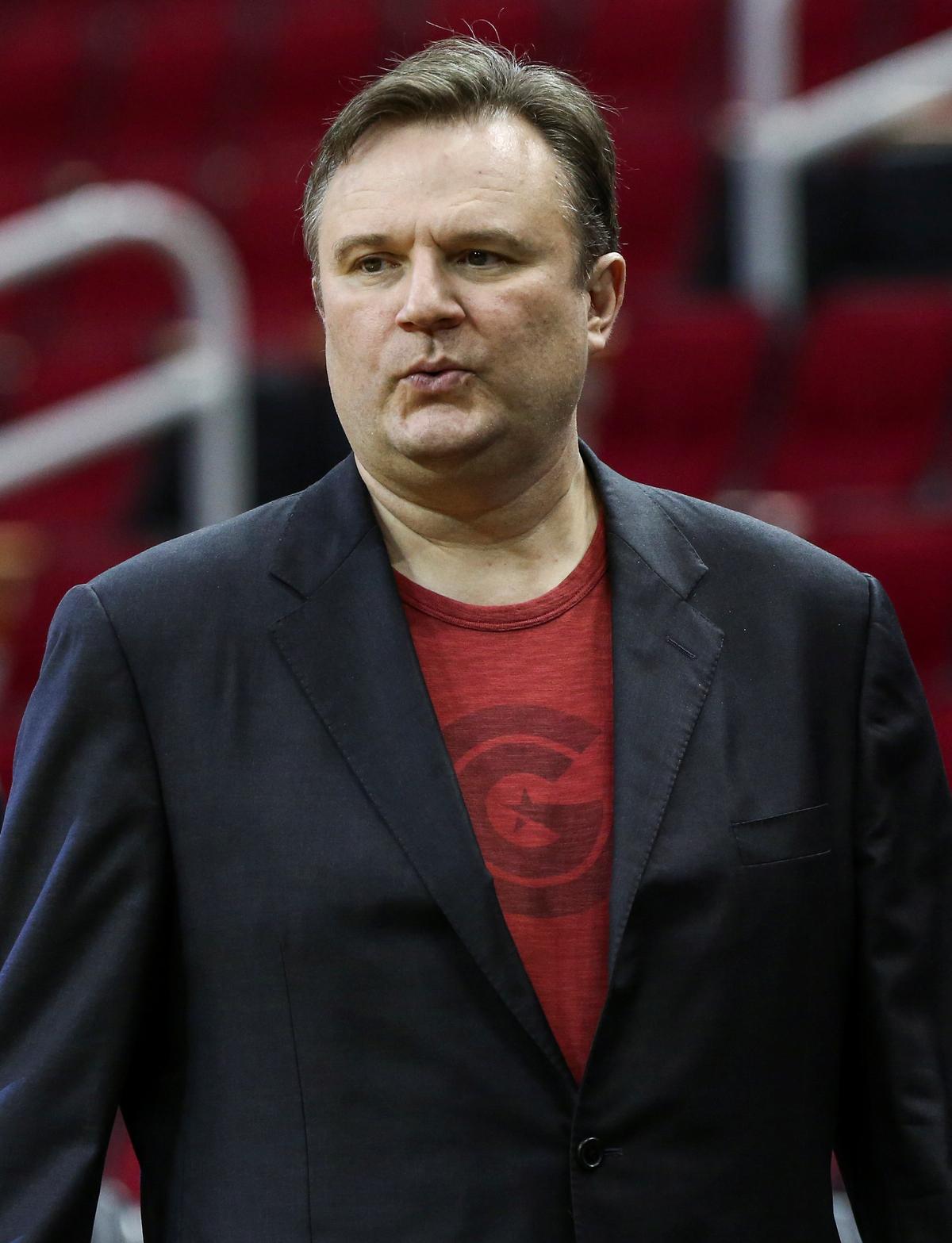
U.S. lawmakers joined a chorus of criticism of the NBA after the organization distanced itself from Morey’s tweet.
“As a lifelong @HoustonRockets fan, I was proud to see @dmorey call out the Chinese Communist Party’s repressive treatment of protesters in Hong Kong,” Texas Senator Ted Cruz, a Republican, said on Twitter. “Now, in pursuit of $$, the @NBA is shamefully retreating.”
New Jersey Congressman Tom Malinowski said China was using its economic power to censor speech by Americans in the United States.
“And the #NBA, which (correctly) has no problem with players/employees criticizing our govt, is now apologizing for criticizing the Chinese gov’t. This is shameful and cannot stand,” Malinowski, a Democrat, said in a tweet.
The NBA said it recognized Morey’s views have “deeply offended many of our friends and fans in China, which is regrettable.”
“We have great respect for the history and culture of China and hope that sports and the NBA can be used as a unifying force to bridge cultural divides and bring people together,” it said.
Josh Hawley, a Republican senator from Missouri, made references to allegations of human rights abuses in China, including the repression of Uyghur Muslims.
“Chinese govt has a million people locked in concentration camps & is trying to brutally repress Hong Kong demonstrators—and NBA wants to ‘bridge cultural divides?’ Cultural divides?”
‘Long Time to Repair’
The furor is the latest example of an overseas brand caught in controversy over the protests, which have plunged Hong Kong into its worst political crisis in decades and pose a major challenge to the Chinese regime.Many Western fashion brands, including Spain’s Zara, have been forced to clarify positions on Chinese sovereignty as the Hong Kong protests fuel nationalist fervor.
Chinese internet users in August blacklisted bubble tea brands from Taiwan after a Hong Kong franchise urged solidarity with protesters.
Sportswear brand Li-Ning said on Sunday it had stopped working with the Rockets and wanted “a clear answer on this matter.”
SPD Bank also suspended cooperation with the team, and state broadcaster CCTV’s sports channel has dropped Rockets games.
On Sunday night, Tencent also said it would temporarily stop streaming Rockets games.
Joseph Tsai, owner of the Brooklyn Nets and co-founder of Chinese e-commerce giant Alibaba Group, said the damage from Morey’s tweet “will take a long time to repair.”
Meanwhile, as of Monday searches for the Houston Rockets on Chinese e-commerce sites Taobao and Pinduoduo using Chinese characters yielded a “no results” message. Searching for the names of other sports teams in Chinese yielded an abundant mixture of jerseys, shoes and other merchandise.
A Pinduoduo spokeswoman declined to comment. Spokespersons for Alibaba and JD.com did not immediately respond to requests for comment.
The Chinese Basketball Association, chaired by former Rockets star Yao Ming, said it was suspending “exchanges and cooperation” with the team.
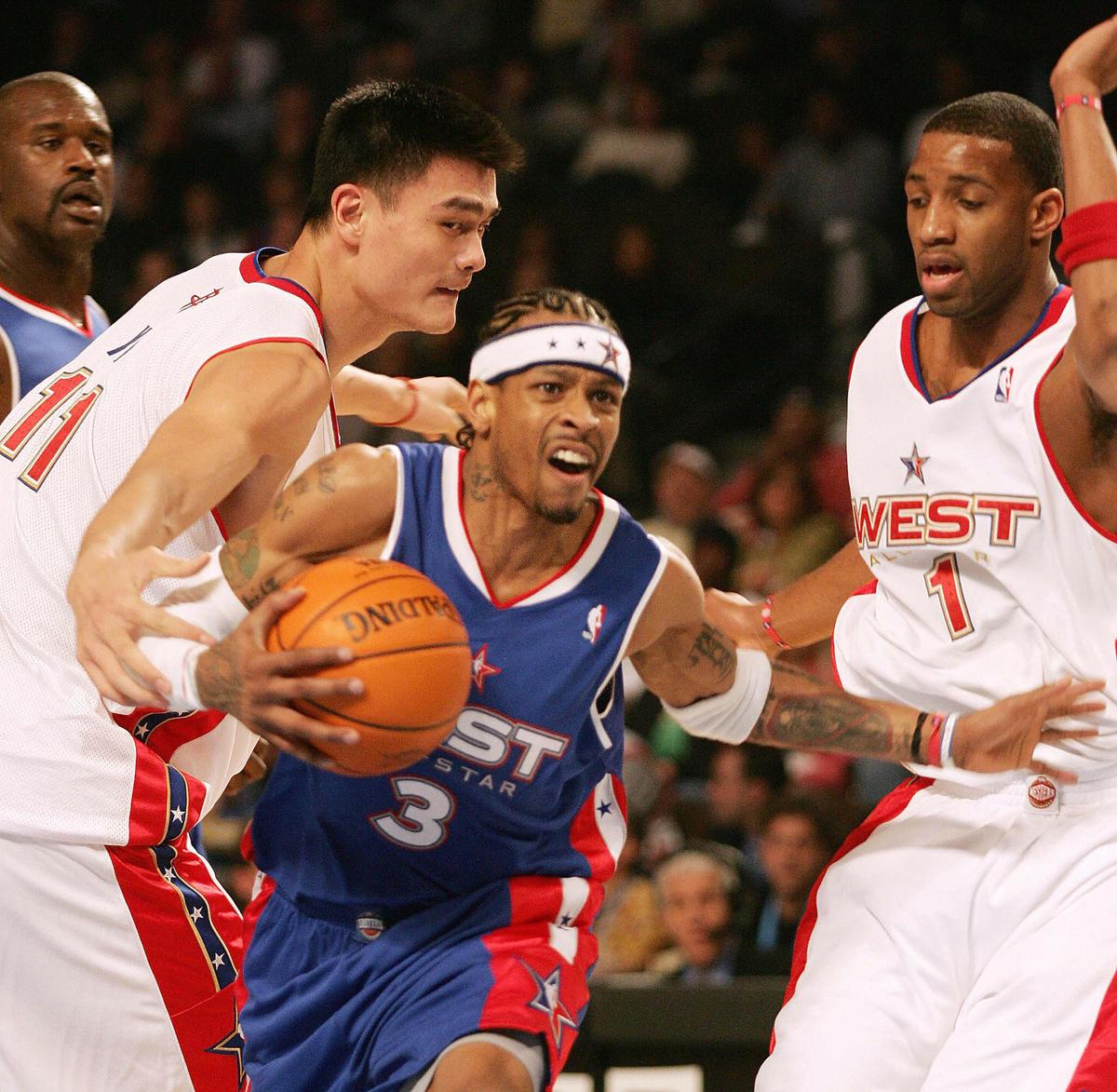
Hu Xijin, the editor of the state-controlled Global Times newspaper, tweeted on Monday that Morey “has the right to express his values, and Chinese fans of the Houston Rockets have the right to abandon this team. If the Rockets want to keep its Chinese market, the team need to avoid offending Chinese public.”
CCTV, in the first reporting on the controversy by state media, said Morey’s apology on Twitter did not go far enough.
Morey said in those tweets that he “always appreciated the significant support our Chinese fans and sponsors have provided and I would hope that those who are upset will know that offending or misunderstanding them was not my intention.”
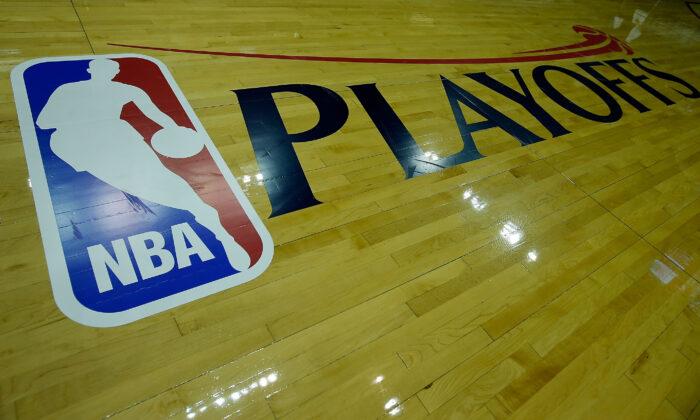

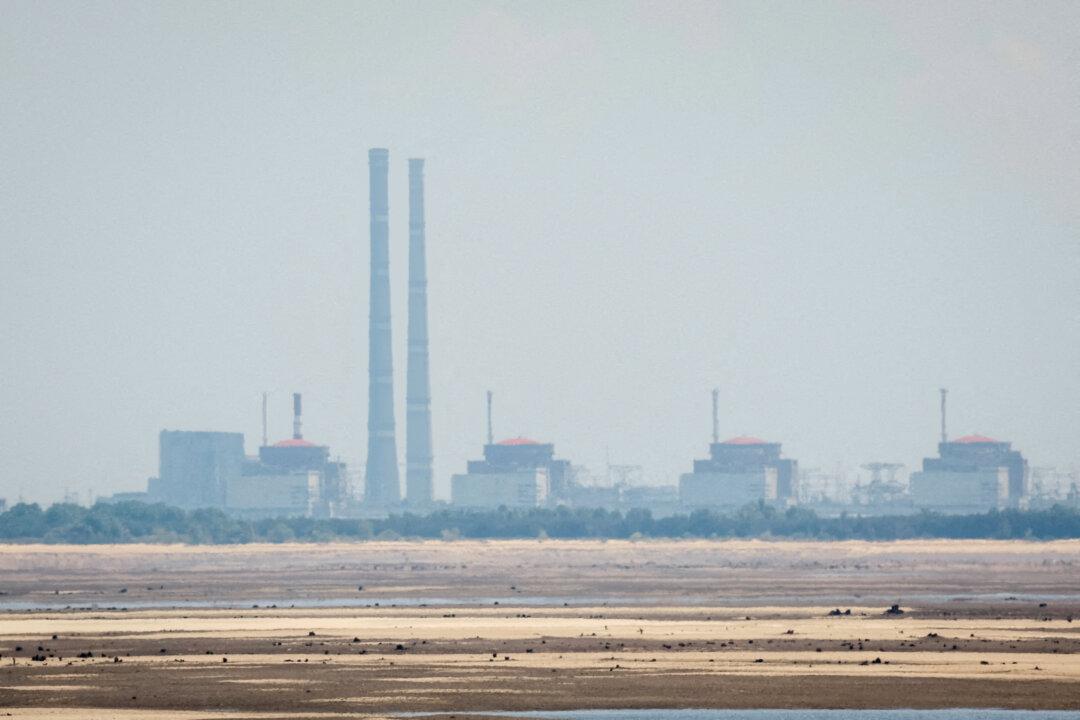
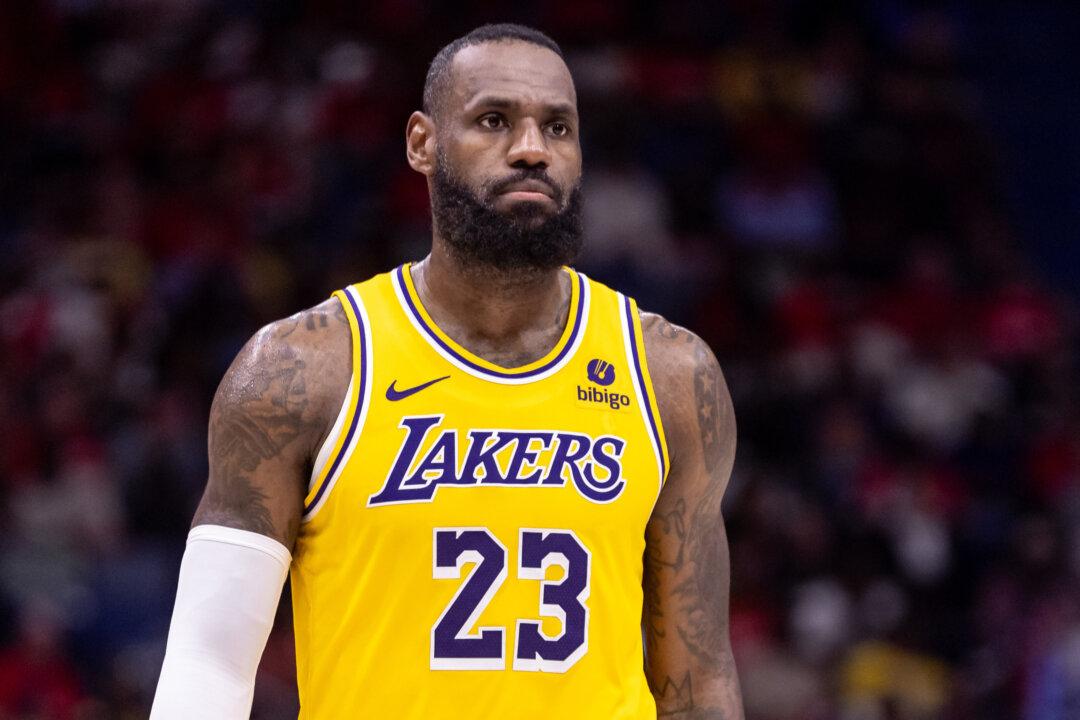

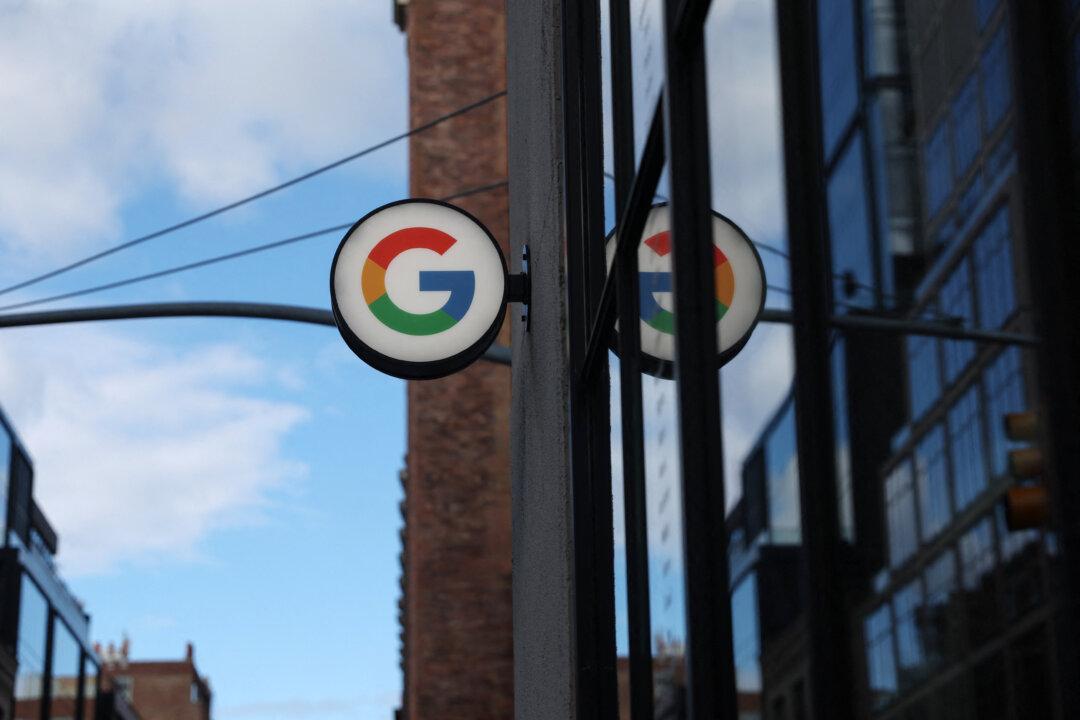
Friends Read Free